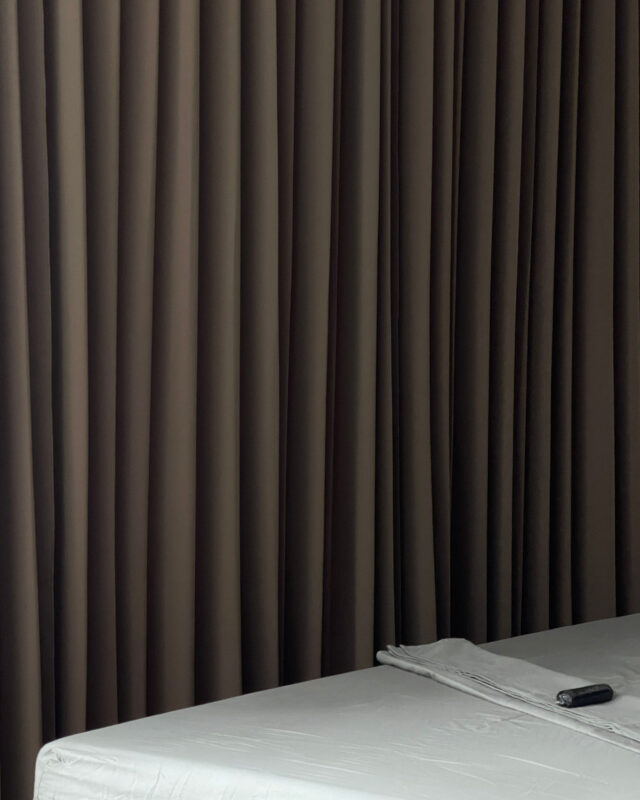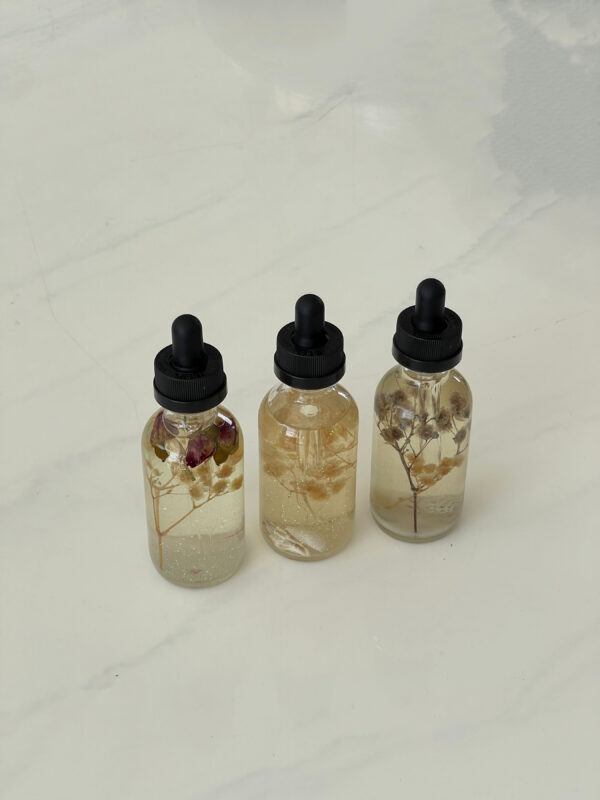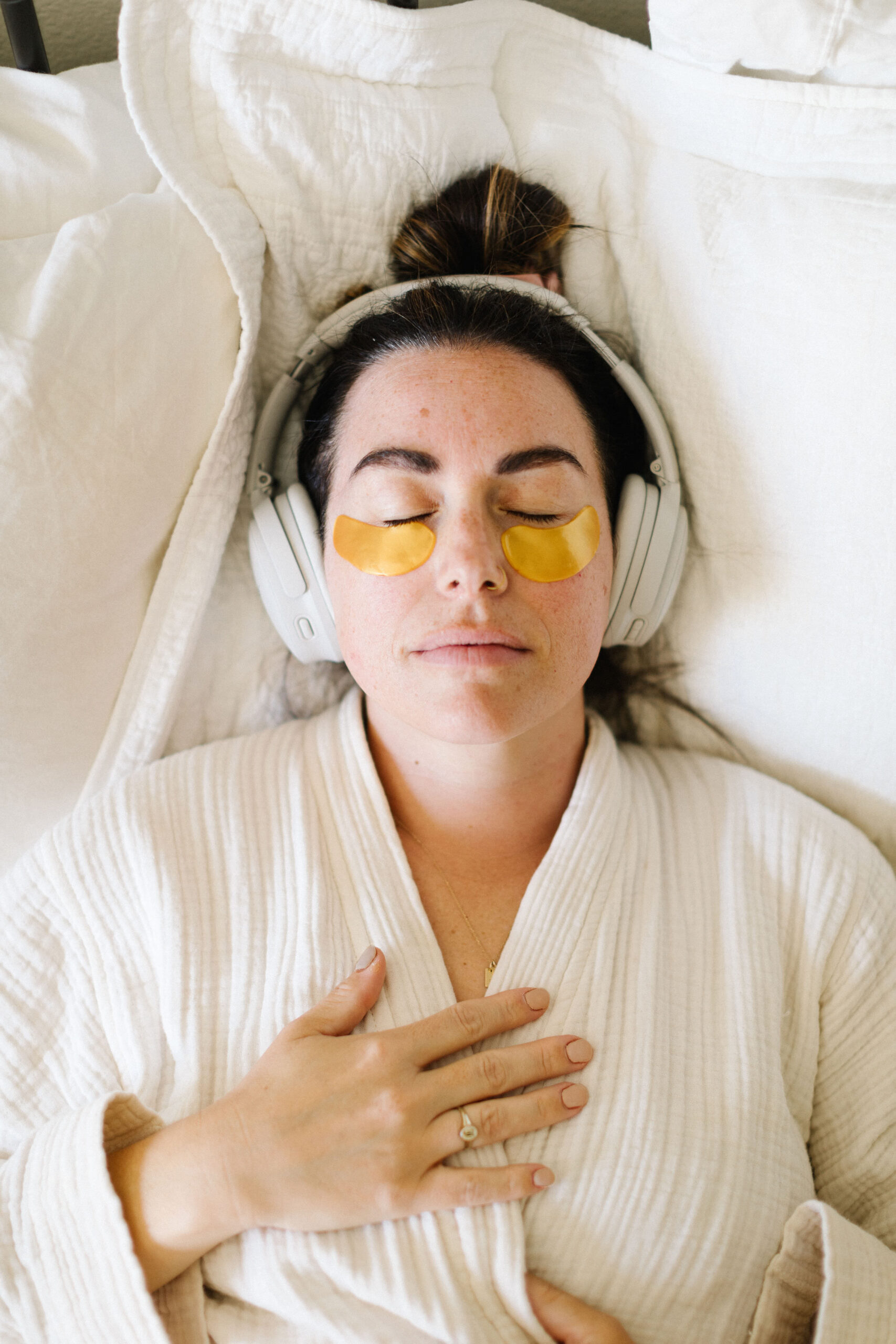My Chinese heritage is deeply intertwined into my practice. Culinary Alchemy® and my longevity-focused protocols blend holistic healing from diverse cultural backgrounds.
One consistent challenge among my high-performing clientele is balancing significant stress levels, and much of my recommended protocol for dealing with stress is deeply rooted in traditional Chinese medicine (TCM).
Few traditions rival the depth and wisdom of Chinese medicine. This ancient healing system has provided holistic remedies for various ailments, including chronic stress, for millennia. It emphasizes the balance and harmony of body, mind, and spirit.
In TCM, stress is understood as a disruption of the body’s natural flow of energy, or Qi (pronounced “chee”), leading to imbalances in the body’s organs and systems. Both ancient wisdom and modern approaches to stress management offer valuable insights and tools for cultivating resilience, promoting relaxation, and nurturing overall well-being in the face of life’s challenges. Let’s explore some of these approaches.

WHAT IS CHINESE MEDICINE?
Traditional Chinese Medicine (TCM) has a history spanning over 5000 years, supported by archaeological findings dating back 4000 to 8000 years, including evidence of acupuncture needles and herbal treatments. The oldest written sources of TCM philosophy and clinical application, the “Yijing” and the “Huangdi Neijing,” dating back 3000 to 5000 years, offer guidance on life’s course and emotional well-being. TCM principles center around “yin” and “yang,” the Five Phases, and the vital force known as “Qi,” aiming to achieve harmony with the energies of Heaven and Earth.
At the core of TCM philosophy is the belief in the interconnectedness of all things through the concept of “Qi”. Disruption in Qi can lead to imbalances in the body, resulting in conditions such as stress. TCM emphasizes the balance of the Five Phases to maintain harmony and health, integrating the sympathetic, parasympathetic, and enteric nervous systems.
Unlike Western medicine, which often focuses on disease perception, TCM focuses on the manifestation and differentiation of syndromes to guide therapeutic interventions, considering symptoms as reflections of disturbances in visceral function and yin-yang balance. This holistic approach acknowledges the interconnectedness of mind, body, and spirit, aiming to address the root causes of illness and restore harmony and balance to the entire being.

TCM FOR RELIEVING STRESS
Chinese medicine offers many time-honored practices for stress relief, several of which have been passed down through generations.
Acupuncture
One of the most well-known modalities of Chinese medicine involves the insertion of thin needles into specific points on the body to restore the flow of Qi and alleviate tension and stress. This ancient practice has been shown to modulate the body’s stress response, enhancing relaxation and a sense of well-being.
In this Instagram LIVE replay, Dr. Florence Lim explains the basics and background of Traditional Chinese Medicine, and teaches us some specific acupressure points for stress relief and immune and sleep support.
Herbal Medicine
Herbal treatments play a central role in Chinese healing traditions, offering a vast array of herbs with adaptogenic properties that help the body adapt to stress and support overall resilience. From ginseng and rhodiola to licorice and schisandra, these herbs have been used for centuries to nourish the body, calm the mind, and boost vitality.
Qi and Blood Imbalance
In TCM, stress is often associated with the stagnation or imbalance of Qi and blood. Emotional stress, such as anger, sadness, or worry, can impair the flow of Qi, leading to symptoms such as headaches, muscle tension, and digestive issues.
Organ Imbalances
According to TCM theory, each organ is associated with specific emotions and functions. For example, the liver is associated with anger and the heart with joy. Prolonged stress can disrupt the function of these organs, leading to symptoms related to their corresponding emotions.
Dietary Therapy
TCM emphasizes the importance of dietary habits in maintaining health and preventing disease. Foods are classified according to their energetic properties and can be tailored to address specific stress-related imbalances. For example, calming foods such as chamomile tea or nourishing soups may be recommended to soothe the nervous system.
Mindfulness and Meditation
Modern approaches to stress management often incorporate mindfulness-based practices such as meditation, deep breathing exercises, and mindfulness-based stress reduction (MBSR) techniques. These practices have been shown to reduce stress hormones, promote relaxation, and enhance overall well-being.
Exercise and Movement
Regular physical activity is essential for managing stress and promoting mental and emotional health. Activities such as yoga, tai chi, and qigong combine movement with mindfulness and breath awareness, making them effective tools for stress reduction. Qigong, a gentle form of movement meditation, combines flowing movements, deep breathing, and mindfulness to cultivate Qi flow and inner peace. Tai chi, another ancient practice, offers a graceful sequence of movements that harmonize mind and body, fostering a sense of calm and tranquility.
In conclusion…
Life’s journey demands a lot from us daily, but tackling stress promptly is crucial to prevent exacerbating other conditions. By integrating these TCM approaches into our lives, we can support our body, mind, and spirit in navigating the complexities of modern living with grace and vitality.
by





